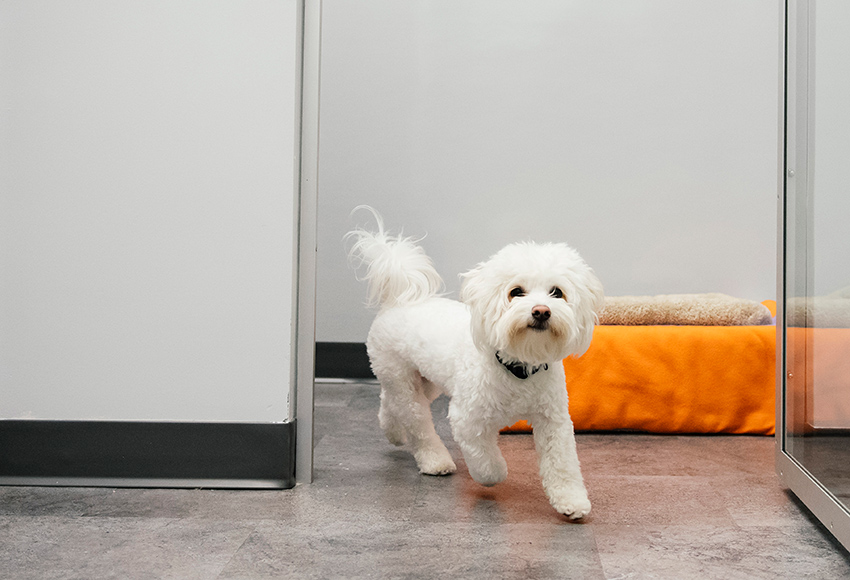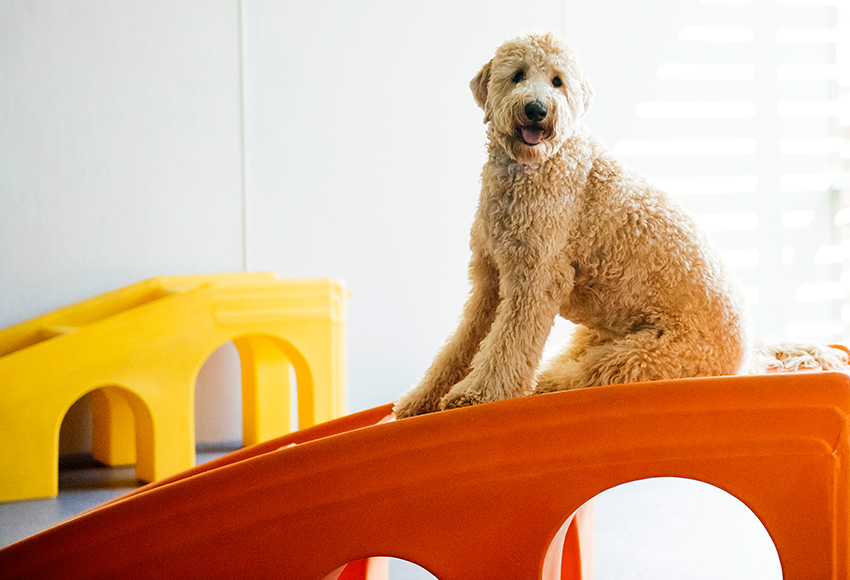Understanding Fall Dog Allergies and Tips
September 19, 2024

When the leaves change color and the air turns crisp, fall brings a sense of coziness and transition. However, for many dogs, this season can also signal the onset of allergies. Just like humans, dogs can suffer from seasonal allergies, which often peak in the fall due to various environmental factors. Recognizing the signs and knowing how to alleviate your furry friend’s discomfort can make all the difference.
Common Fall Allergens
- Ragweed Pollen: One of the most prevalent allergens in the fall, ragweed can travel long distances and is particularly troublesome during this season.
- Mold Spores: As leaves fall and decompose, mold can thrive in damp environments, affecting dogs with sensitivities.
- Dust Mites: As we close windows and turn on our heating systems, dust mites can proliferate in our homes, aggravating allergies.
- Fleas: While fleas are a year-round concern, they can be particularly bothersome in the fall as pets may spend more time outdoors.
Recognizing Dog Allergies
Identifying allergies in dogs can sometimes be tricky, as symptoms often overlap with other conditions. Here are some common signs to watch for:
- Itching and Scratching: Persistent itching, especially around the paws, face, and ears, is a significant indicator.
- Red or Inflamed Skin: Look for any signs of irritation or rashes, often seen in areas where your dog has been scratching.
- Ear Infections: Frequent ear shaking, foul odor, or discharge can suggest an allergic reaction.
- Watery Eyes and Sneezing: Just like humans, dogs can experience respiratory symptoms due to allergens.
- Digestive Issues: Vomiting or diarrhea can also occur, although this is less common for environmental allergies.
Home Remedies for Dog Allergies
If you suspect your dog has seasonal allergies, there are several home remedies you can try to help alleviate their discomfort:
- Regular Baths: Bathing your more frequently with a gentle hypoallergenic shampoo can help remove allergens from their skin and coat. It can also soothe irritated skin. At Dogtopia we offer a wide variety of spa and grooming options that can help prevent and alleviate allergy symptoms.
- Dietary Changes: Consider incorporating omega-3 fatty acids into your dog’s diet. Fish oil can reduce inflammation and improve skin health. Always consult your vet before making significant dietary changes. You can also check out the online store, PET WANTS and chat with an expert on how their fresh specialty food, all natural treats and supplements could help!
- Apple Cider Vinegar: Diluted apple cider vinegar can be applied to itchy areas to soothe skin irritation. You can also add a small amount to your dog’s water bowl, but consult your vet for the correct dosage.
- Coconut Oil: This natural moisturizer can be applied topically to dry, itchy skin or added to your dog’s food for added health benefits.
- Frequent Cleaning: Regularly vacuuming your home and washing your dog’s bedding can help reduce dust and mold allergens. Using an air purifier can also improve indoor air quality.
- Limit Outdoor Exposure: On high pollen days, try to keep walks short and avoid grassy areas where allergens are likely to be concentrated. After outdoor activities, wipe your dog’s paws and coat with a damp cloth to remove allergens. Dogtopia of Eau Claire offers climate controlled playrooms free of outdoor allergens that allow your pup to enjoy socializing with other dogs and play.
- Stay Hydrated: Ensure your dog has constant access to fresh water, as hydration can help maintain healthy skin and coat.
When to See the Vet
While home remedies can provide relief, it’s important to consult your veterinarian if your dog’s symptoms persist or worsen. They can help identify the specific allergens affecting your dog and may recommend medications, such as antihistamines or corticosteroids, to provide more effective relief.
Conclusion
Fall can be a beautiful time for walks and adventures with your dog, but it’s essential to be mindful of the potential for dog allergies. By recognizing the signs early and implementing home remedies, you can help your furry friend enjoy the season without the discomfort of allergies. Always keep an open line of communication with your veterinarian to ensure your dog’s health and happiness year-round.






